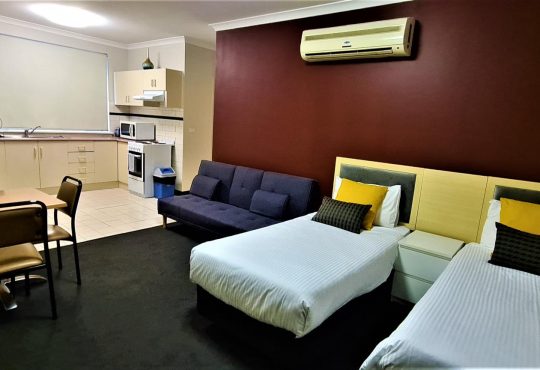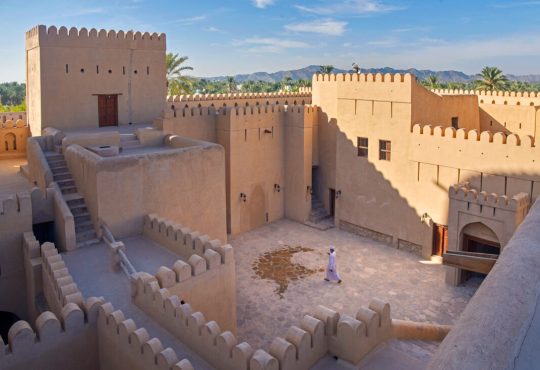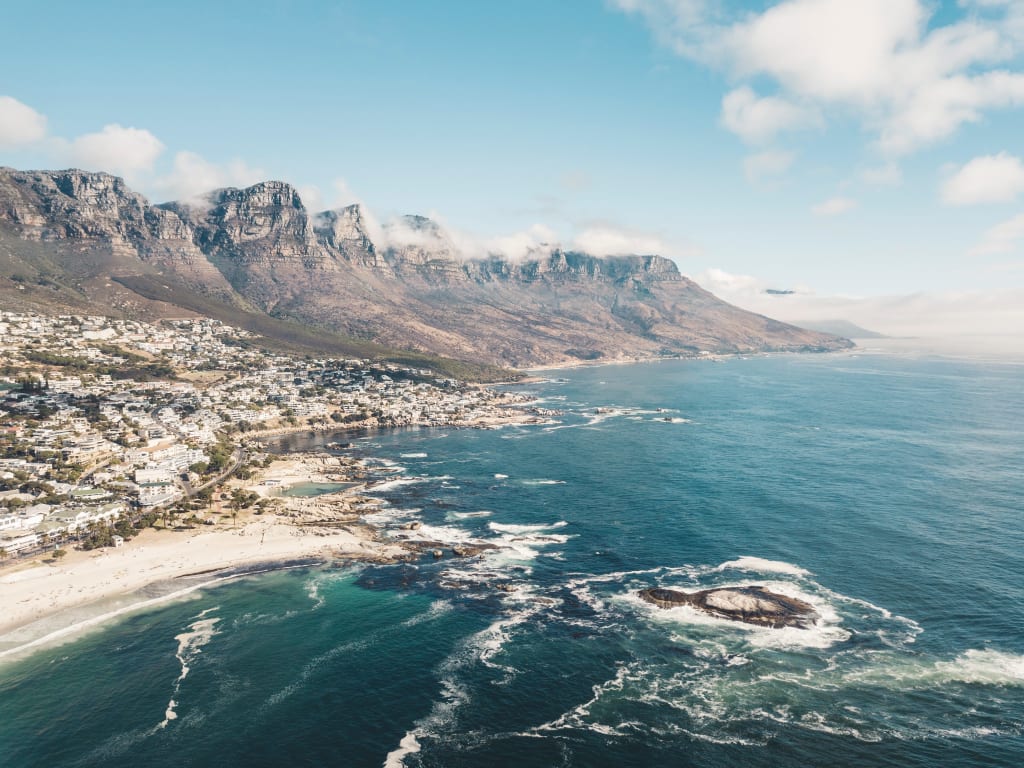
10 Tips For Safer Travel in South Africa
South Africa is home to Cape Town, Durban, Johannesburg, and Port Elizabeth. It is a country that is filled with natural beauty. It has many beaches, historical places, cultural centers, arts and crafts markets, and entertainment centers. South Africa is a country rich in culture and heritage, fast-paced, dynamic and cosmopolitan. It is renowned for its array of natural attractions – from the stretches of untouched beaches, to the rolling mountains and game reserves teeming with some of the world’s most magnificent bird and wildlife species. It is also known for gold mining and cities that bustle with life and activity.
It is recommended that a tour of South Africa should last at least 2 weeks – as this is the ideal amount of time to experience the diversity of the country and soak up the magic of this Rainbow Nation.
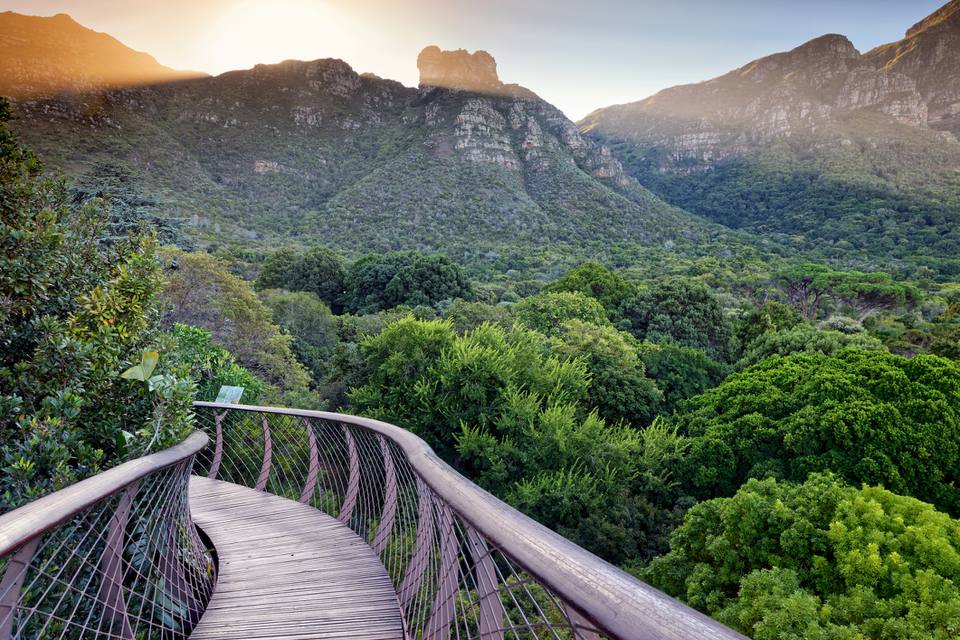
South Africa is a beautiful country to visit and one would never forget their holiday here. However, there is a normal crime rate here like every other country. Being a tourist city, South Africa does expose the visitors to some amount of dangers and the tourists should also make their own efforts to be safe and secure in a new country.
While crime statistics have improved over the past decade (though again rising slightly in 2009), South Africa still retains one of the world’s highest crime rates. It’s not simply the amount of crime that’s the worry, but the percentage of that crime that is violent in nature. In a recent address to parliament, South African President Jacob Zuma stated that South Africa has a greater problem with violent crime than any other country in the world (a statement made in the year South Africa is hosting the world cup). Traveling this country is an amazing experience but a journey that must be undertaken with caution.
The following 10 tips will help you to travel safer in South Africa.
10. Safety starts at the Airport.
The main terminal at Johannesburg’s international airport is not a particularly safe place. Thieves, pickpockets and other low life’s stalk the area looking for anything not nailed down. Be aware of your possessions and exit stage left as quickly as possible.
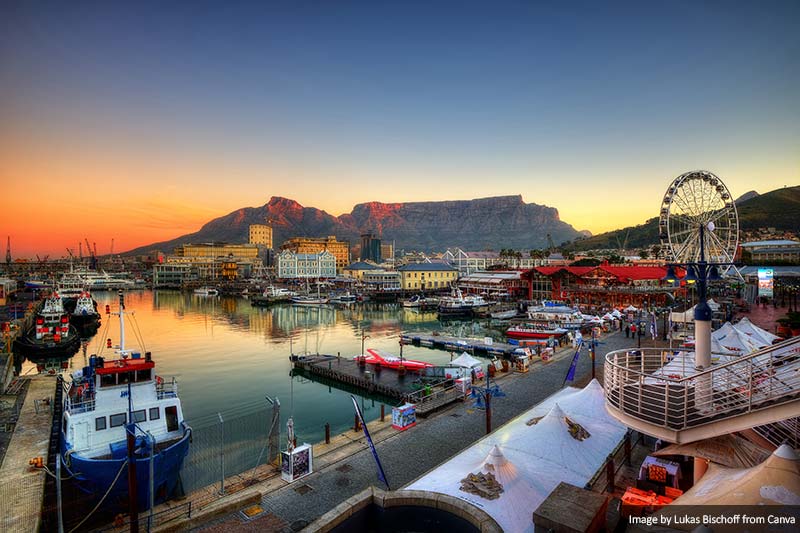
9. Rental cars are one of the safest options to get around.
Aside from an organized tour, probably the safest way to get around the country is to rent your own transport. Despite this everybody has heard the carjacking horror stories (there are 250 police dedicated to hijackings in Joberg alone), and precautions have to be taken. DO NOT drive at night, leave a gap of an inch or so on your driver’s side window (which makes it harder to smash the window), keep your doors locked (central locking is a must) and be vigilant at traffic lights as this is the usual spot for car jackings to occur.
8. Traveling in a group is no guarantee of safety.
While traveling in big numbers certainly helps, don’t assume you or your group will not be targeted. Always be aware of what’s going on and don’t stray too much from the pack.
7. Watch your possessions.
Theft of valuables from your hotel or hostel is very common (as in other parts of the world). Try not to take much to South Africa that you would not be too distraught to lose, and keep valuables safely hidden.
6. Avoid traveling alone.
Don’t wander off down quiet side streets, avoid deserted beaches and dark areas at all times and at all costs. South Africa is really better enjoyed with a friend or two to look out for you.

5. Don’t read the newspapers.
After a few months in the country I had to stop reading the local and national papers; it started to freak me out. Crimes that would be front page at home barely rate a mention, and the ones that are featured are pretty horrendous. Just a bit of ignorance here can be bliss.
4. Always ask the locals.
Keep a close ear for advice from locals and hotel operators on where and where not to go. From street to street the safety situation can change quickly. Local knowledge is really a key to staying safe as you travel.
3. Try to avoid public transport.
There’s a decent network of backpacker buses and renting a car is cheap and a safer way to go. The mini buses can be dodgy, with little to no safety standards (and maybe driven on behalf of local gangs). You might meet more of the locals on the bus but maybe this is better done in the pub.
2. If you plan to surf or swim be cautious.
Be aware that South Africa is home to a healthy and hungry population of great white sharks. Signs will be up at certain times of year advising against swimming or surfing at some beaches due to the ‘sardine run’, a time when great whites are especially active. Be aware!
1. Be alert but not alarmed.
While all this might sound off putting South Africa is still a great and memorable place to visit. Time spent here can be a life changer in the most positive way, as long as you keep your wits about you.
Always check your government travel advisory website before you go for the most up to date safety advice regarding travel in South Africa.
